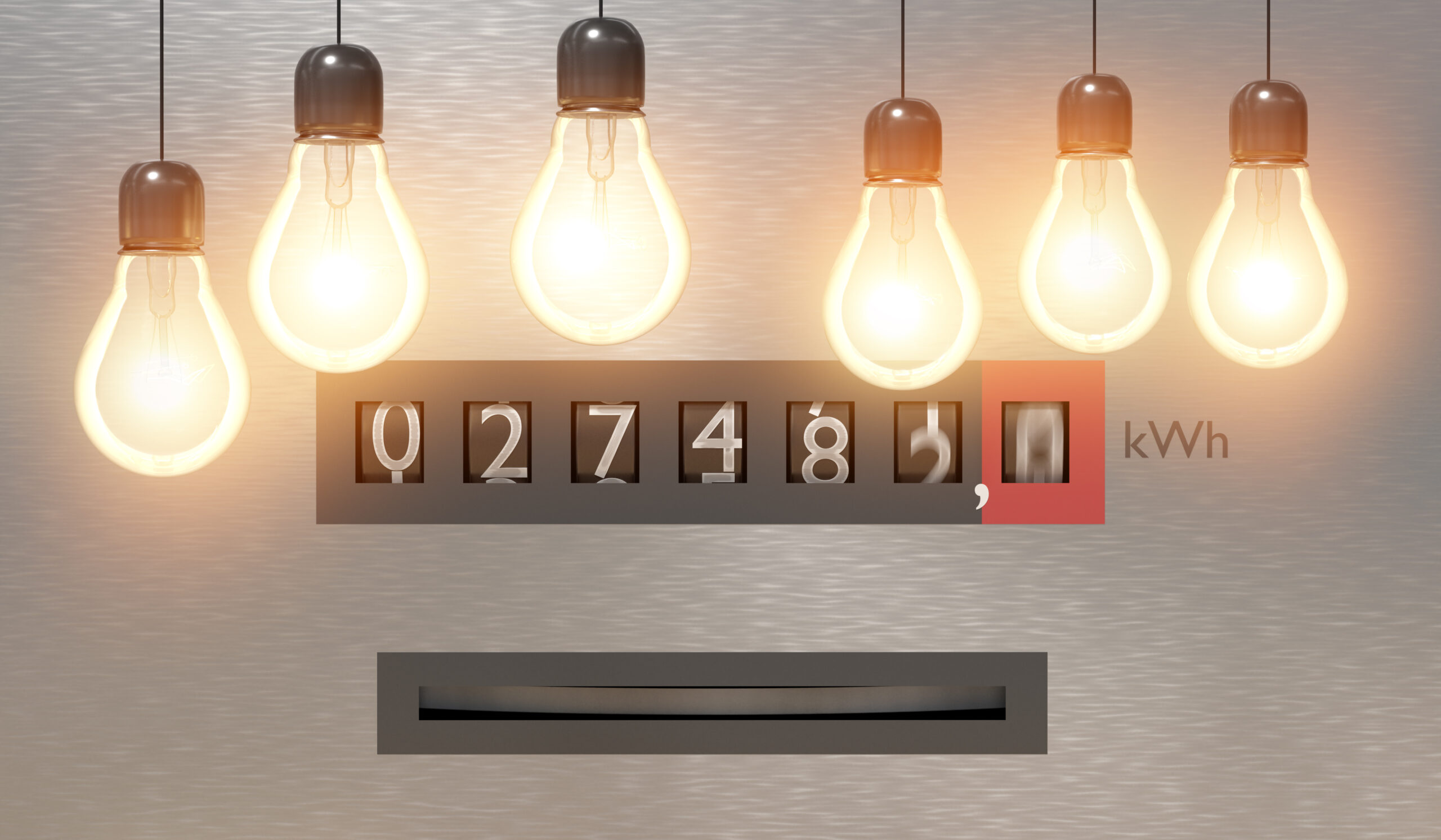In Australia, the Goods and Services Tax (GST) is charged on most goods and services. This 10% tax is included in the advertised price from shops or service providers, so there’s a good chance you have never even noticed it. For example, if you buy a new phone for $1,000, you are actually paying $909.09 for the phone and $90.01 in GST.
In this article, we will look at how GST is applied to your electricity supply so that you can understand your bill and find an affordable option to suit your needs.
Is Electricity GST Free?
While certain essential goods and services in Australia are exempt from the GST, electricity does not fall into this category for most residential and commercial consumers. Despite being an essential part of our daily lives, electricity is not GST-free.
The Australian Taxation Office (ATO) considers electricity to be a taxable supply, which means that GST has to be added to the cost of electricity for most consumers. When you receive your electricity bill, the total amount shown includes all the applicable GST, so there is no need to pay it separately or make any adjustments to your bill.

Although electricity is not considered essential under GST rules, other items such as basic food, some medical aids and medicines, some childcare and educational services, and water, sewerage, and drainage are exempt from GST charges.
There are some instances when the ATO allows for GST-free electricity. This includes certain government entities or electricity used in certain industries.
There are no GST exemptions for residential electricity bills. In 2017 a bill was proposed to the Australian government to remove GST from electricity to make energy more affordable, however, it was rejected because it would cost the states between $500 million and $1 billion, which would result in severe cost-cutting in other areas.
Instead of removing GST, the Australian and state governments strive to provide affordable power through federal policies and state-based concessions and rebates for eligible households.
How is GST Applied to my Electricity Bill?
The total amount payable on your electricity bills includes GST. The combined total of the daily supply charge and consumption charges from your tariff(s) will have GST added.There are some fees and charges that do not have GST applied, such as establishment and termination fees, payment processing fees, late payments fees and disconnection or reconnection charges.
An example of how GST is calculated on your bills is below.
- Daily supply charges = $100
- Peak consumption = $600
- Off-peak consumption = $300
- Total supply and consumption charges (ex GST) = $1,000
- GST = $100
- Total supply and consumption charges (inc GST) = $1,100
- Late payment fee (GST free) = $50
- Paperless billing fee (GST free) = $30
- Total amount payable = $1,180
GST on Solar Power
The installation and maintenance of solar panels and batteries are considered taxable by the ATO. The cost of installing solar panels is, on average, between $5,000 and $9,000, including GST.GST is not applied to solar feed-in tariffs (FiT) for residential customers. It’s important to understand that GST is calculated on the total charges before your FiT is applied, as shown in the example bill below.
- Total supply and consumption charges = $100
- GST = $10
- Total charges including GST = $110
- FiT credit = $50
- Total amount payable = $60
Is there GST On Gas?
GST is applied to residential and commercial gas bills in a similar way to electricity. Both the gas supply charge and usage tariffs are subject to 10% GST. All charges on your gas bill are inclusive of GST so you do not need to pay extra or make any adjustments to your bill.
Conclusion
Electricity in Australia is not exempt from the Goods and Services Tax (GST) – 10% is included in the total amount payable on your electricity bill for the supply and consumption charges. Certain fees, as well as solar feed-in tariffs, are not subject to GST.
Although there have been proposals to remove GST from electricity to make it more affordable, these ideas have been rejected due to the significant costs it would impose on the states. Instead, the Australian and state governments try to make power affordable through federal policies and state-based concessions and rebates for eligible households.
Next Steps
Understanding how GST is calculated on your bill can help you understand the charges and manage your energy cost. By comparing energy plans, taking advantage of available concessions and rebates and following some energy efficiency tips, you can find affordable energy options and reduce your bills.









